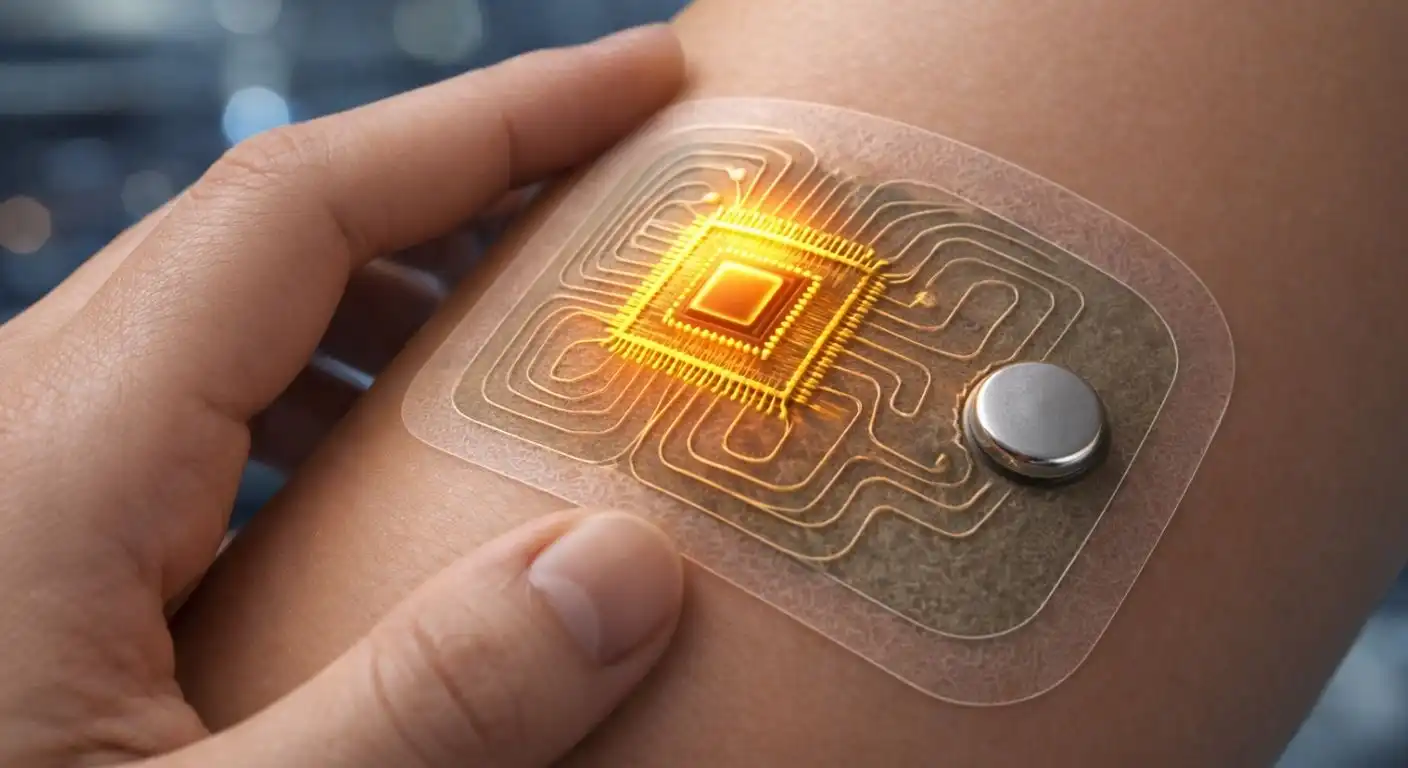Key Points
- Electroceuticals use implantable devices to deliver electrical impulses to nerves, offering a personalized and targeted approach to medical treatments.
- This technology can revolutionize treatment for conditions like epilepsy, chronic pain, and mental health disorders by modulating neural activity.
- Electroceuticals show promise in managing inflammation, metabolism regulation, and autoimmune disorders by interfacing with the nervous system.
- Miniaturization of neurostimulators is key, enabling precise, minimally invasive devices that reduce risks and improve patient outcomes.
In a groundbreaking stride toward the future of healthcare, electroceuticals, also known as bioelectronic medicines, are emerging as a transformative and promising area of research. Electroceuticals, also known as bioelectronic medicines, involve using small, implantable devices that deliver electrical impulses to specific nerves in the body, modulating their activity. This cutting-edge technology can potentially revolutionize the treatment of various diseases and conditions by leveraging the body’s electrical signaling system.
Traditional pharmaceuticals often have side effects and may not be effective for everyone, but electroceuticals offer a personalized and targeted approach. These devices can be finely tuned to stimulate or inhibit specific neural pathways, providing precision and customization previously unseen in medical interventions.
One area where electroceuticals show great promise is in the treatment of chronic conditions such as epilepsy, chronic pain, and even certain mental health disorders. By interfacing directly with the nervous system, these devices can alleviate symptoms and improve patients’ quality of life. Researchers are exploring the application in managing inflammation, regulating metabolism, and addressing autoimmune disorders.
The development of miniaturized and implantable devices is a key focus in advancing electroceuticals. These devices, often called neurostimulators or neuromodulators, can be placed near targeted nerves or organs to deliver precise electrical signals. The goal is to create effective, minimally invasive devices that allow for easier implantation and reduce patient risk.
Integrating artificial intelligence (AI) into electroceutical devices is becoming a reality as technology evolves. AI can analyze complex patterns of neural activity, providing real-time adjustments to the electrical stimulation delivered by the device. This adaptive and learning capability enhances the efficacy of electroceuticals, making them more responsive to individual patient needs.
While electroceuticals are still in the early stages of development, their potential benefits are capturing the attention of researchers, healthcare professionals, and industry leaders. The convergence of neuroscience, biotechnology, and electronics is paving the way for a new medical era in which targeted electrical interventions offer hope for improved therapeutic outcomes and a redefined approach to healthcare. As research progresses, electroceuticals are poised to play a pivotal role in shaping the future landscape of medical treatments.





